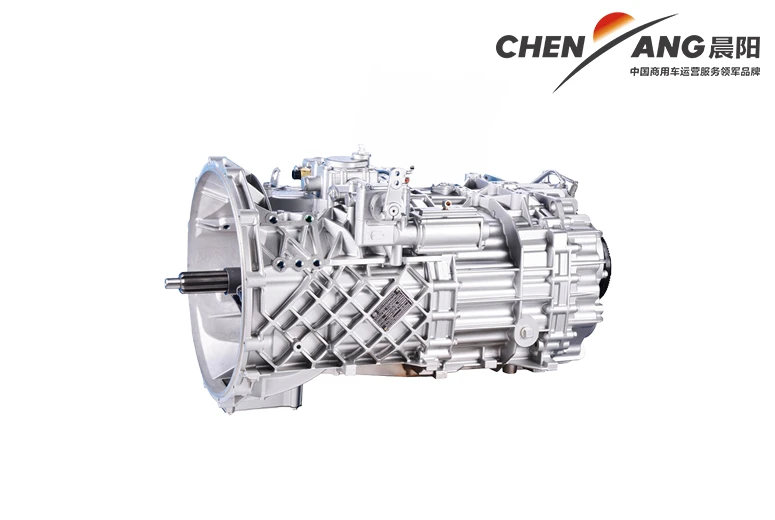road grader
The Road Grader A Key Player in Infrastructure Development
In the sprawling landscape of construction and infrastructure development, the road grader holds a crucial position. This powerful piece of equipment, often overlooked by the general public, plays a vital role in ensuring that our roads are safe, navigable, and efficient. Whether in urban areas or rural landscapes, the road grader is an indispensable tool that engineers and operators rely on to shape and maintain our transportation networks.
At its core, the road grader is designed to create a flat surface for the construction and maintenance of roads. Its primary function involves leveling and grading the earth, making it ideal for preparing a foundation for asphalt or concrete surfaces. This process is critical as it directly affects the durability and performance of the finished roadway. A well-graded road not only enhances driving comfort but also reduces maintenance costs over time by minimizing wear and tear on vehicles.
The evolution of road graders has seen significant technological advancements over the years
. Modern graders are equipped with advanced systems that allow for precise control and adjustments. Features such as GPS technology enable operators to achieve accurate grading with minimal effort. This sophistication not only improves efficiency but also enhances the quality of work, leading to better outcomes in road construction and maintenance projects.Moreover, road graders come in various sizes and types, each suited for specific tasks. From small, compact graders used in residential areas to large, powerful machines designed for major construction projects, the versatility of graders is one of their key strengths. They can maneuver in tight spaces, making them ideal for urban settings where space is often limited. On the other hand, large graders are essential for extensive projects such as highways and airport runways, where stability and precision are paramount.
road grader

One cannot discuss the significance of road graders without acknowledging the skill required to operate them effectively. Grader operators must possess a deep understanding of the machinery, the terrain, and the nuances of road construction. Training and experience are critical, as the operator’s expertise directly impacts the quality of the grading. An experienced operator can detect subtle variations in elevation and surface texture, making necessary adjustments to ensure a perfect grade.
Beyond their immediate function, road graders play an indirect role in economic development. Efficient roadways facilitate the movement of goods and services, which is a cornerstone of economic growth. Well-maintained roads contribute to reduced travel times, lower vehicle maintenance costs, and improved accessibility to markets and services. As such, the investment in road grading and maintenance translates to broader economic benefits for communities and regions.
Moreover, the environmental impact of road construction and grading cannot be overlooked. Operators must consider the ecological sensitivity of the areas in which they work, implementing practices that minimize disruption to natural habitats. Innovations in eco-friendly grading techniques and machinery are emerging, indicating a shift towards more sustainable practices in construction.
In conclusion, the road grader may seem like an unassuming piece of machinery, but its contribution to infrastructure development is immeasurable. From ensuring the safety and functionality of our roadways to enhancing economic growth and considering environmental factors, road graders are integral to a well-functioning transportation system. As we continue to build and maintain our roads, the importance of these machines will only grow, underscoring the need for skilled operators and advanced technology in the field of civil engineering and construction. Through the lens of the road grader, we can appreciate the intricate dance of machinery, expertise, and the relentless pursuit of progress in our modern world.
-
Premium Body Chassis Car Solutions Durable Car Body Chassis & Square Body Chassis ManufacturerNewsJun.10,2025
-
Passenger and Commercial Vehicles Versatile Solutions for Every Need High Performance, Reliable SafetyNewsJun.10,2025
-
12 Passenger Vehicles for Rent – Spacious, Comfortable Multi-Passenger Rental OptionsNewsJun.10,2025
-
High-Quality Auto Headlights Durable Designs & Wholesale PricingNewsMay.30,2025
-
70 Seater Coach Hire - Spacious & Reliable Group Transportation SolutionsNewsMay.30,2025
-
High-Efficiency Crop & Land Cultivation Machines for Modern FarmsNewsMay.30,2025
Popular products

























